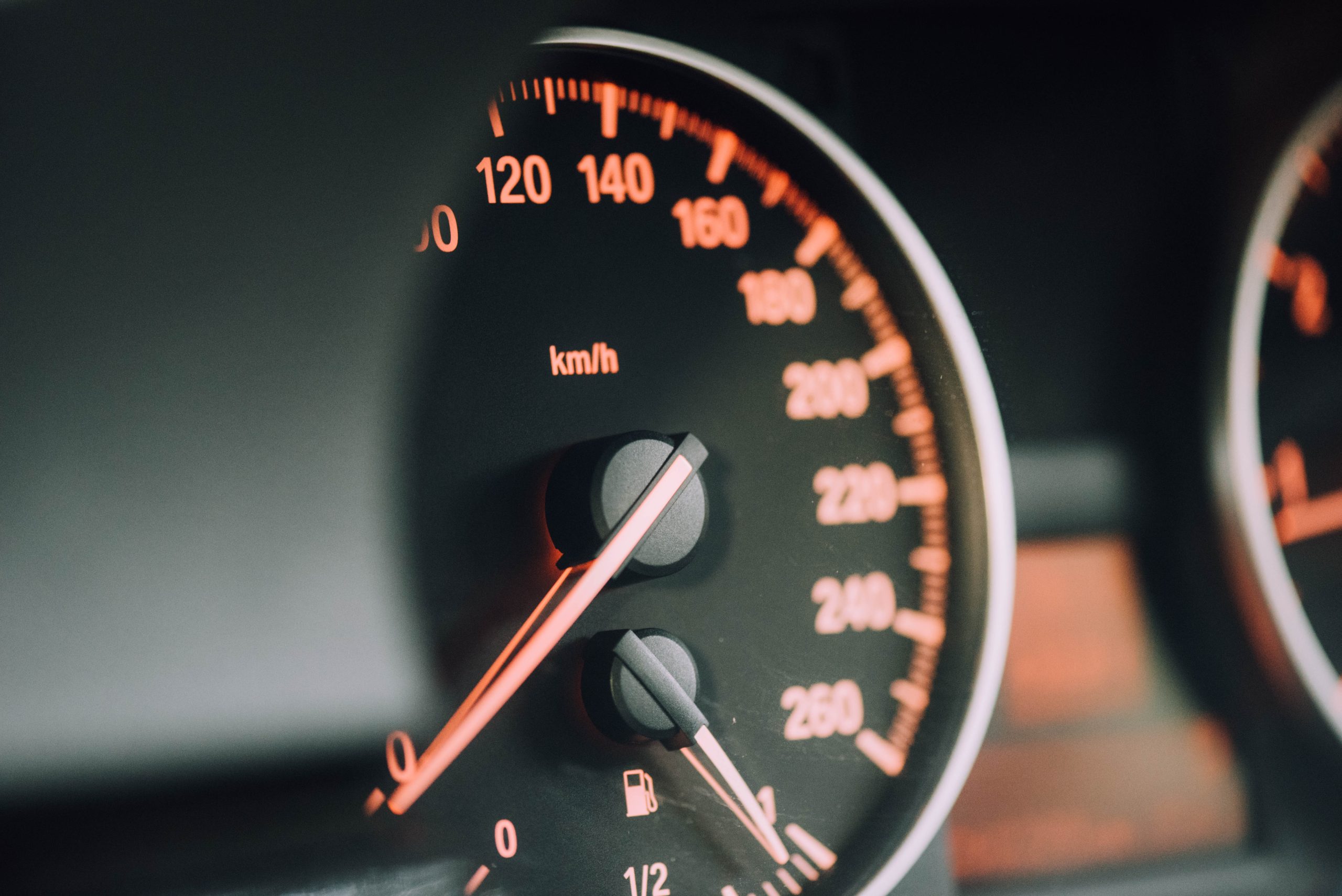Have you ever bought a new car only to be told it would have been better if you had leased it instead? It can be hard to choose between leasing or buying a car because both have their advantages and disadvantages.
Aside from access to a reliable car, leasing offers another huge advantage — a financially viable solution that suits your needs, minus the hassle of ownership — providing great benefits for both the employer and employee. Therefore, it pays to have a better understanding of all available options if you’re in the market for a new car.
What is a Car Lease
A car lease is when a financier purchases a car and lets you use it over a fixed period, where you pay a monthly fee. A car lease suits someone that uses the vehicle primarily for work or business more than 50 percent of the time. This includes tradies, business owners, and companies.
These are the main types of car leases:
- Operating lease— Normally runs for 36 months with requirements to stipulate anticipated mileage at the beginning of the lease. There is no right of ownership at the end of the lease term
- Finance lease — Usually a 46-month term with an option to purchase the car at the end of the term, without penalty for excess mileage
- Novated lease — An agreement involving an employer, an employee, and a finance company, where the employee could use the car through salary packaging.
If you happen to want to own the car outright, you have to make a residual or balloon payment at the end of the term. he residual value, is the amount a business expects to sell an asset at the end of its useful life. The value outlines the function of the amount and rate of depreciation on the car and can be affected by monthly payments. Usually, the higher the residual value, the more the car is worth.

Advantages of a Car Lease
Aside from access to a reliable car, leasing can be a financially viable solution that suits your needs without the hassle of ownership, and offers potential advantages:
Tax Benefits
According to the ATO, when you take out a novated lease, your taxable income could be reduced by the repayments made through your pre-tax salary. The ATO also says that an employee with a novated lease can avoid paying GST on the purchase price of the car (factored into your lease repayments) as it is considered part of their remuneration.
Assets and Liability
The value of the asset and the liability for future lease repayments are raised to the balance sheet when leasing a car through the business. This creates a secured liability on the balance sheet for the business — without an impact to the employee and is restricted to pure tool of trade vehicles. Employers could use an operating lease to remove this from the balance sheet — which then becomes a rental over the term of the lease.
Opportunity to drive latest models
With car leasing, you usually have the option to exchange your vehicle at the end of the lease period for a new or different model, without having to sell your old car. Also, you can get the latest model and manufacturer’s warranty.
The car you choose under a business lease is essential for both your business and personal needs and as a reliable asset. Ask your fleet manager to assist in the process. They can manage the vehicle’s specs and recommend makes and models that suit your needs and the environment. This will also ensure to meet engineering compliance.
Budget friendly
A consolidated monthly payment that includes maintenance could be a lifesaver for business owners with an unpredictable cash flow. There is less cash to pay upfront as it only requires very little in terms of a deposit to set the ball rolling for a car lease. While others require nothing at all, some financiers require a month or two payments upfront.
There is also no obligation for you to purchase the vehicle and make the residual payment at the end of the term. For start-ups, this is particularly beneficial.
Disadvantages of a Car Lease
As attractive as a car lease may be, there are also quite a few disadvantages:
No modifications
Because you don’t own the car, you’re unable to do modifications on it in any way such as roof racks, tinted windows, or new tyres. Not even for work-related purposes unless your finance provider approves it.
Restrictions and conditions
You must comply with restrictions like mileage or the allowed number of kilometers you can drive the vehicle over a period of time, and other contractual conditions such as keeping the interior of the car clean.
Every business car lease has an annual miles limit that the user is allowed to travel and agreed upon — usually about 10,000 miles (16,000+ kilometers). Any excess mileage used is charged at a rate. You can also pay extra for additional mileage if it couldn’t be helped. It’s better to average out to your selected miles per year to avoid any issues.
Extra expenses
Other than ongoing monthly payments, some contracts on car leases may come with fees such as administration fees and mileage fees (if you go over the agreed number of kilometers), which are calculated into your repayments. You may also incur fines if you end the contract prematurely. A car lease may come with a higher interest rate than those offered through a typical car loan.
To reduce the costs of running the car and to extend its lifespan, utilise your fleet manager. He will schedule required servicing and maintenance and stay on top of everything. Tracking the car also helps in maximising the usage and making the most of this capital asset. Now, this is an additional cost but will prove to be beneficial in the long run — ensuring the car is being used as intended.
Advantages of Buying a Car
If you consider buying a car outright instead of a lease, there are some potential advantages that may include:
Owning an asset
There’s no greater feeling than owning your vehicle. With owning a car outright, you are also able to use it as an asset for a mortgage or for other borrowing purposes.
No limitations
When you buy a car outright, you can drive it as much as you want. It doesn’t have to be used for work-related purposes either, and won’t have any mileage limitations to worry about.
Ability to modify and sell
Buying your own car allows you to modify, upgrade, and repair it as you wish. You can also sell it if you decide you no longer need the car or you want to upgrade.
Disadvantages of Buying a Car
Buying a car may also come with potential disadvantages, including:
Higher initial costs
Buying your car outright will usually require hefty upfront costs, including the deposit.
Ongoing bills and costs
As the owner, you are responsible for all ongoing bills and costs for the car such as keeping the car running and maintained, car insurance, among others. And once the warranty is up, any repairs will come out of your pocket.
Depreciation
As the car ages, it loses value very quickly making it harder to resell in the future. This is an issue you won’t have to deal with if you renew a lease and upgrade your vehicle in a few years.
Disclaimer: Please be aware that Cigno Loans’ articles do not replace advice from an accountant or financial advisor. All information provided is intended to be used as a guide only, as it does not take into account your personal financial situation or needs. If you require assistance, it is recommended that you consult a licensed financial or tax advisor.



